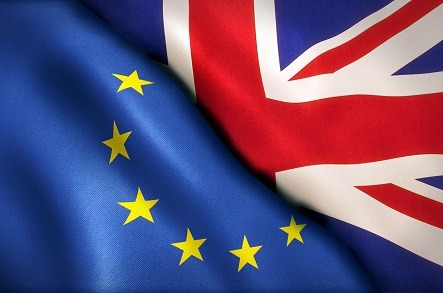If you are importing goods into the UK from the EU after 1 Jan 2021, the consistent message from the government, the CBI, D2N2 and business organisations is simple.
Regardless of the trade agreements reached (or not reached) with the EU, to move goods between Great Britain and the EU from 1 January 2021 businesses will need to make import and export declarations, as currently happens between the UK and countries outside the EU.
Instead of being treated as “arrivals and dispatches”, goods will be treated as “imports and exports”.
To continue to import goods from the EU into the UK, import declarations will be required. The message may be simple. The actions required are not.
Step by step guides are available, but the processes are time-consuming and include external delays that may be outside your control. Getting to grips with the issue now is highly recommended.
Useful resources include:
From GOV.UK : How to import goods from the EU into GB from January 2021.
The four main import options are briefly:
- Deferred Declarations: For non-controlled (standard goods), you will have up to 6 months to submit your Supplementary Declaration. You will need an authorised duty deferment account and to have applied for and been authorised for “simplified declarations for imports”. You must keep records of all imported goods as they arrive but you can delay submitting full customs declaration and paying customs duties for up to six months after import.
- Standard Import procedures: Adopting procedures already in place for importing from “Rest of World”. This involves completing a full customs declaration on import, paying duties and taxes on clearance or using a duty deferment account.
- Simplified Declaration procedure: For controlled goods, like animal products, alcohol, tobacco or firearms, you can apply to be authorised to use the Simplified Declaration procedure. This procedure can also be used for non-controlled(standard) goods. A simplified declaration is made at the frontier, with a full supplementary declaration made by the 4th working day of the following month. You will require an authorised duty deferment account.
- Transit: an option for businesses that move goods through multiple territories.
For all options the starting point is having an EORI number issued by the UK, checking whether your goods need an import licence/certificate and understanding your VAT responsibilities.
These changes to import procedures will be with us from 1 January 2021. It is essential that businesses do all they can to be ready for them.
Wayne Thomas, partner at Bates Weston comments:
“It is important that businesses prepare for these major changes in import procedures. Understanding their supply chain, preparing for customs clearance , evaluating impact on processes and understanding cost implications are critical steps. The government has provided several useful digital tools to help businesses plan ahead, and signing up to the Transition notices updates businesses on changes as they happen. “

